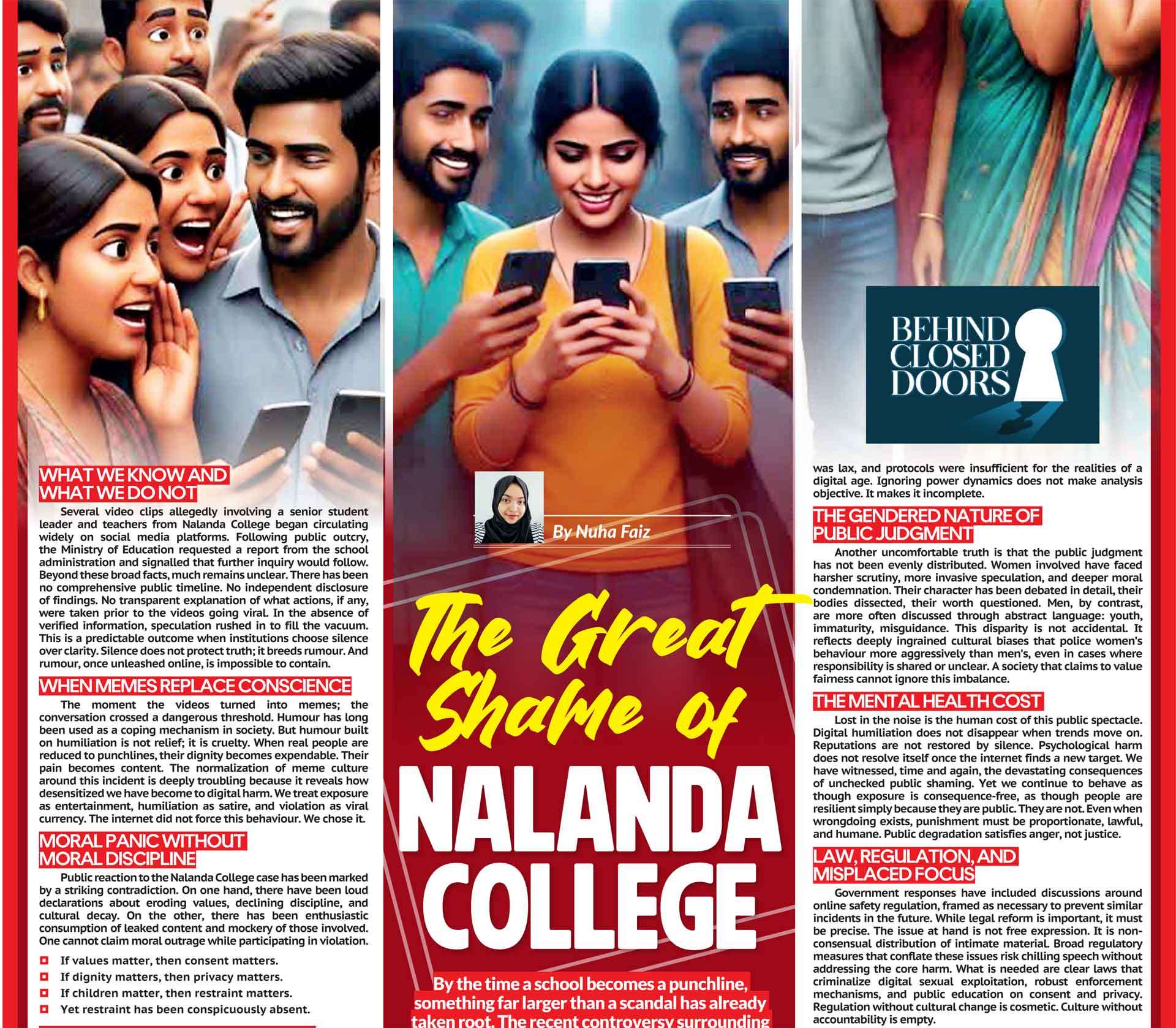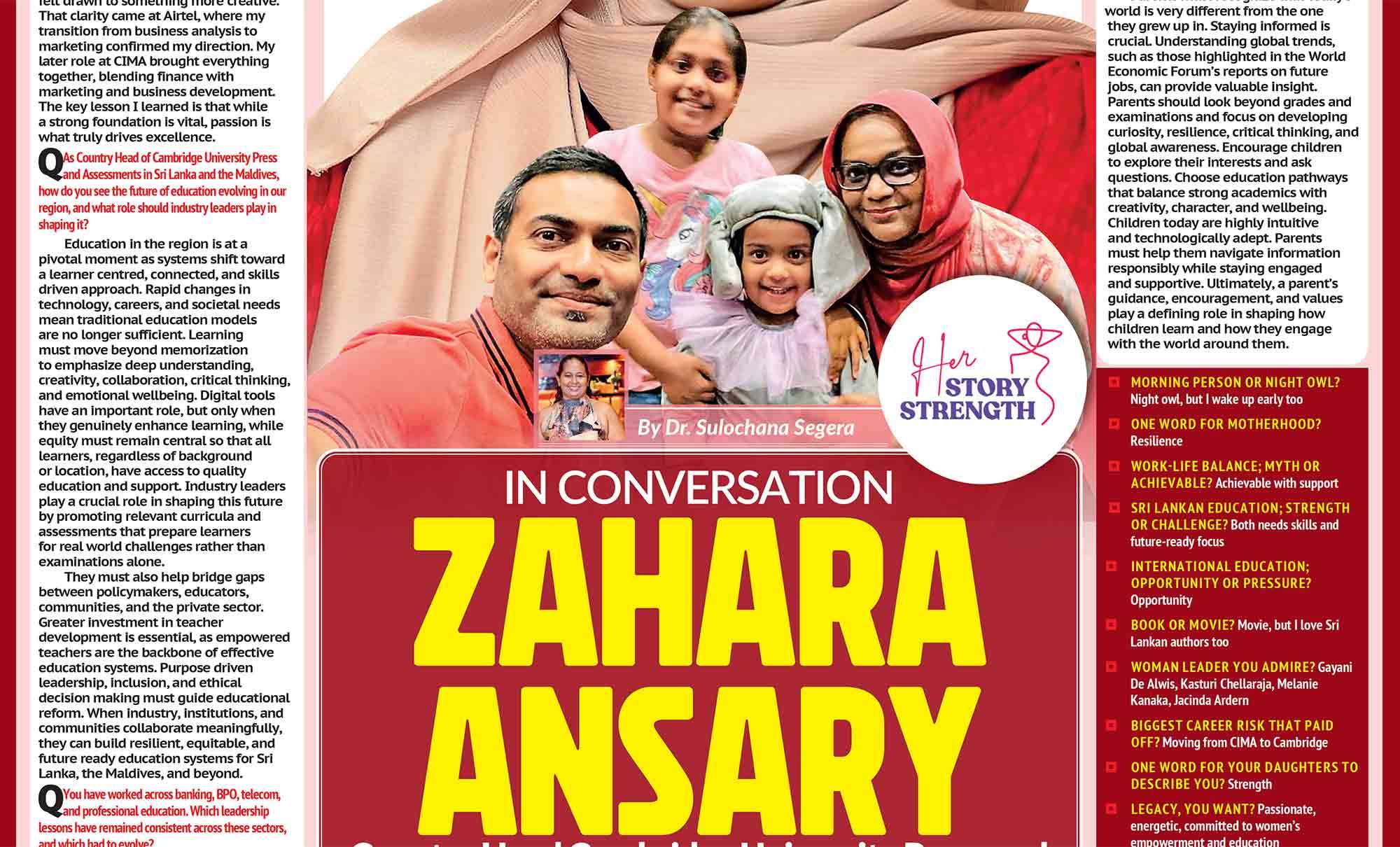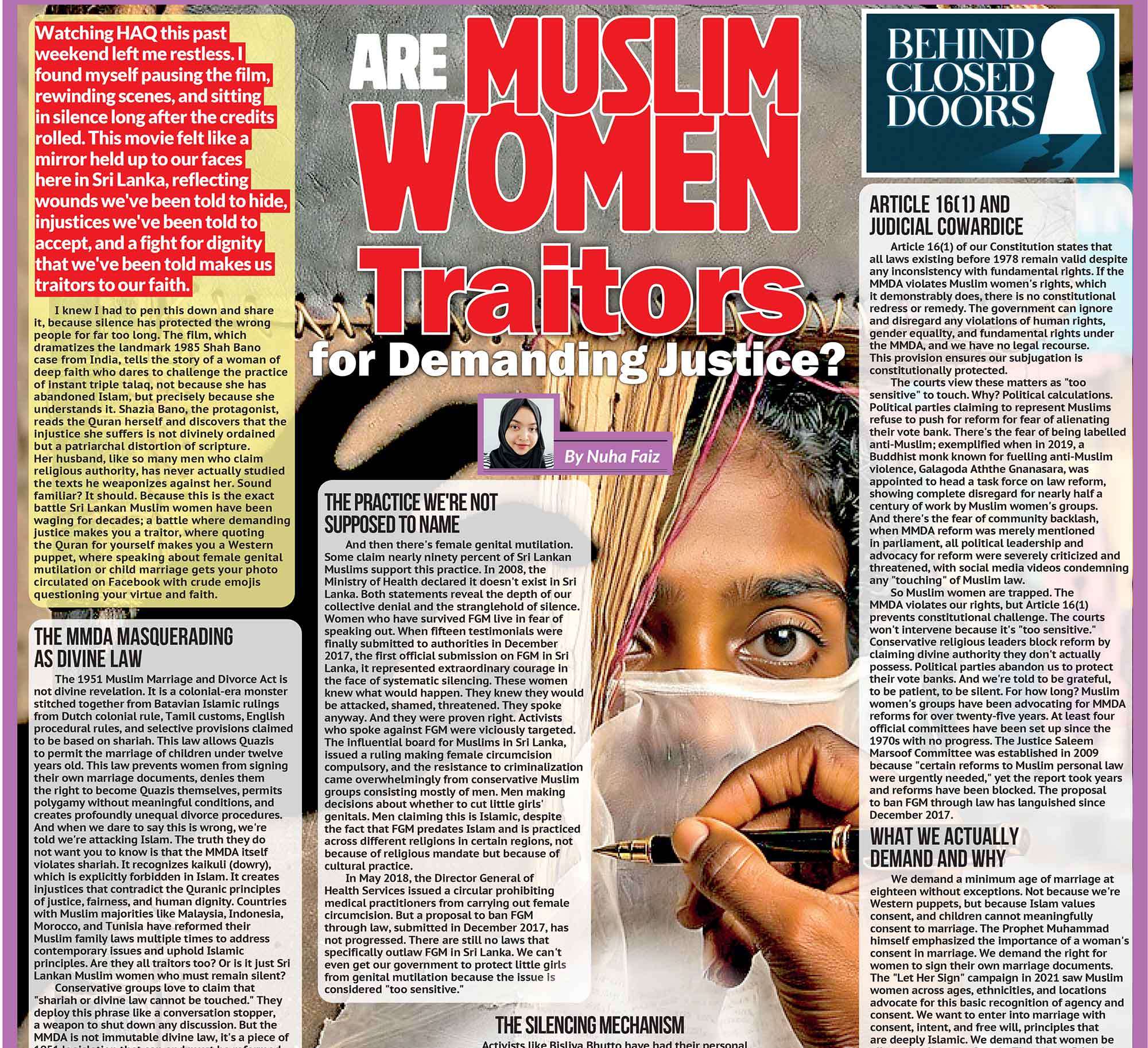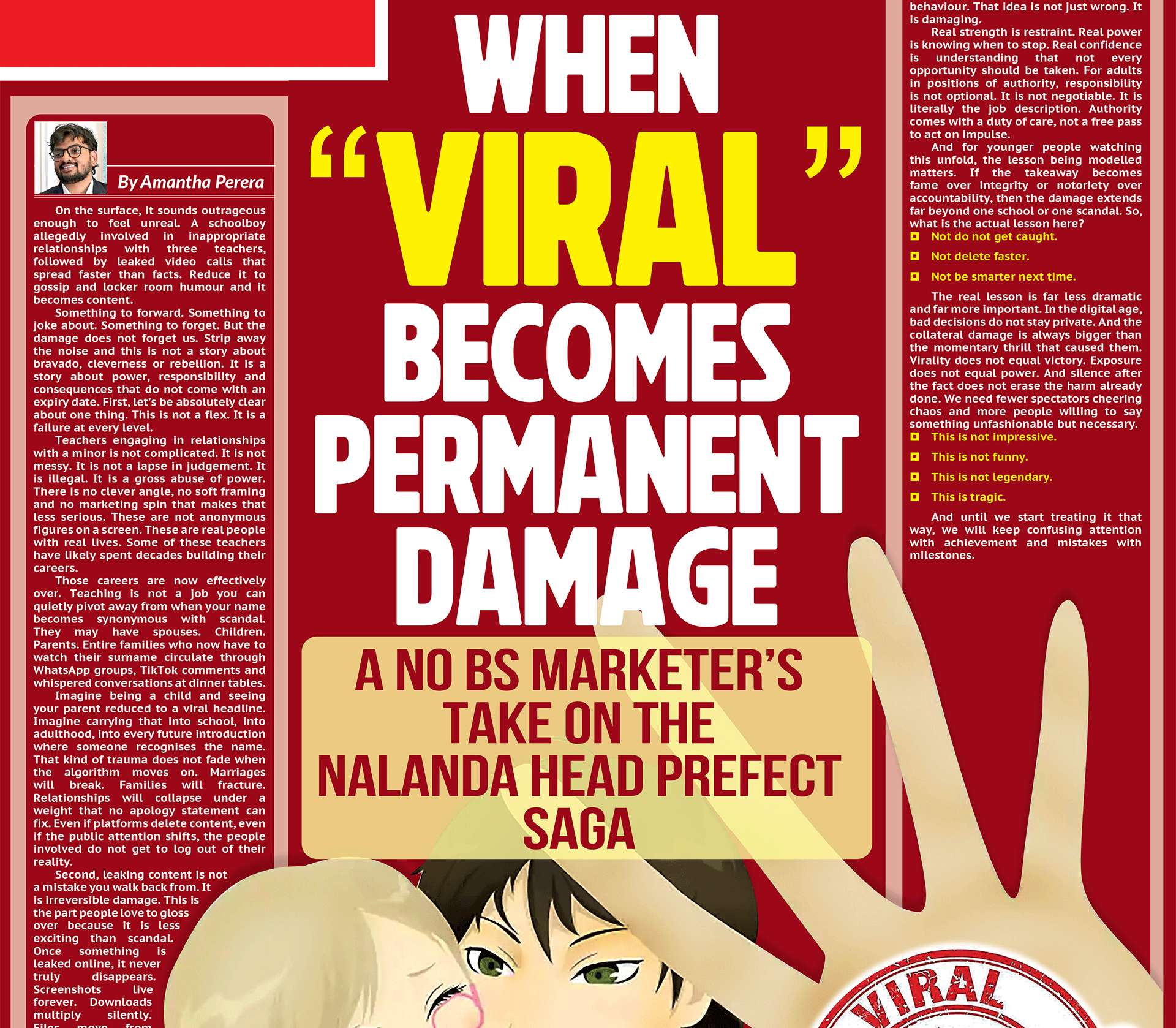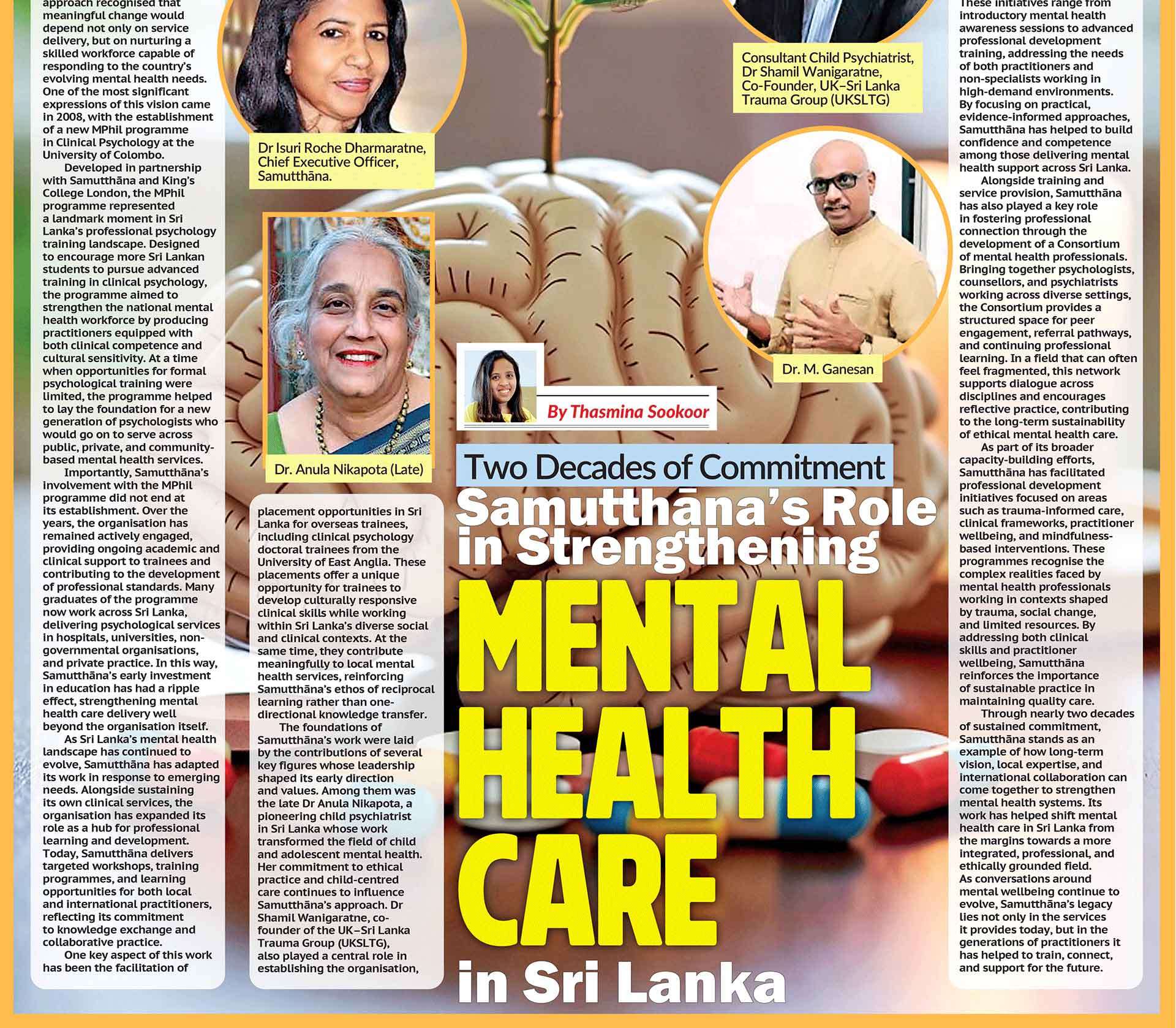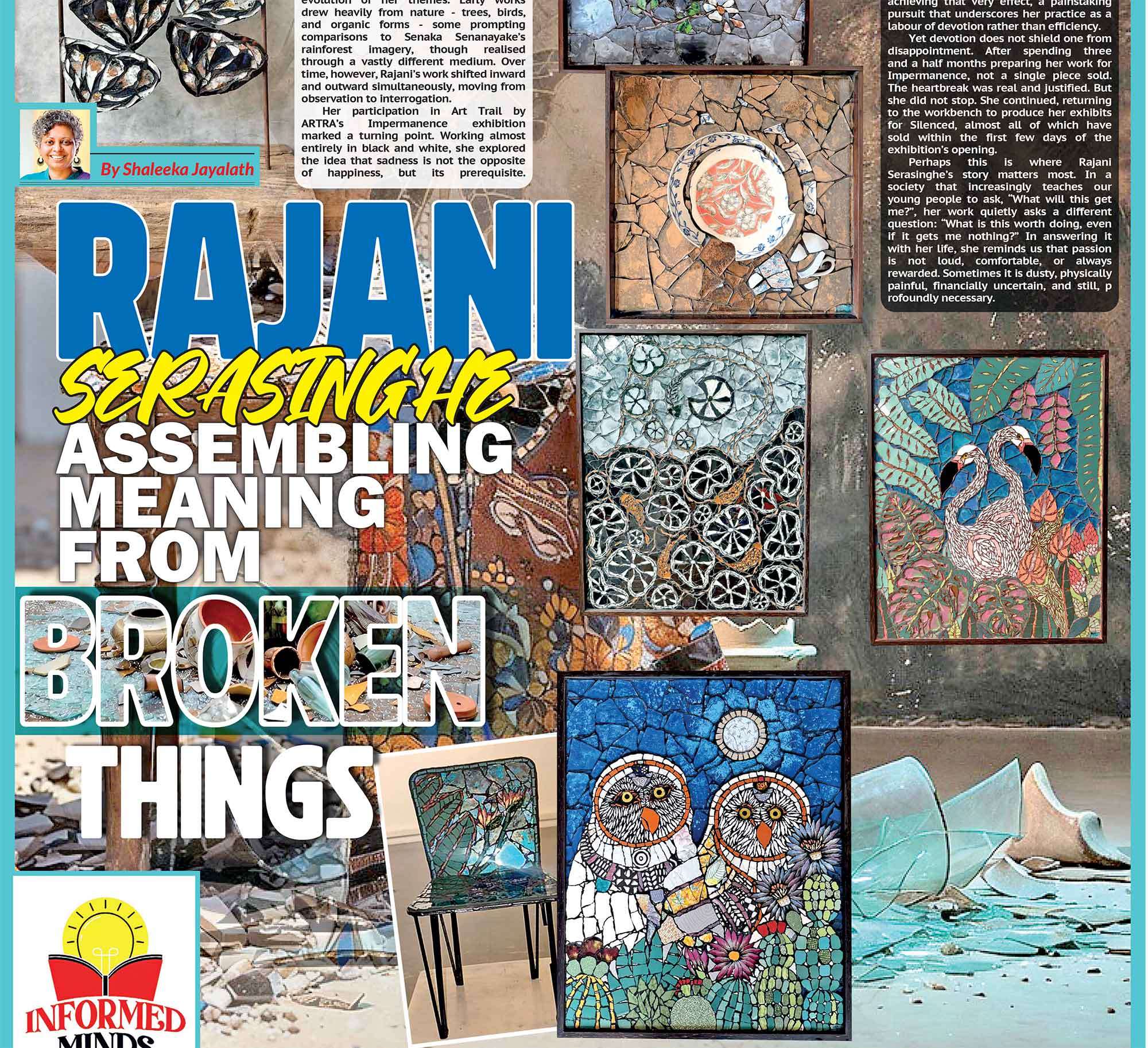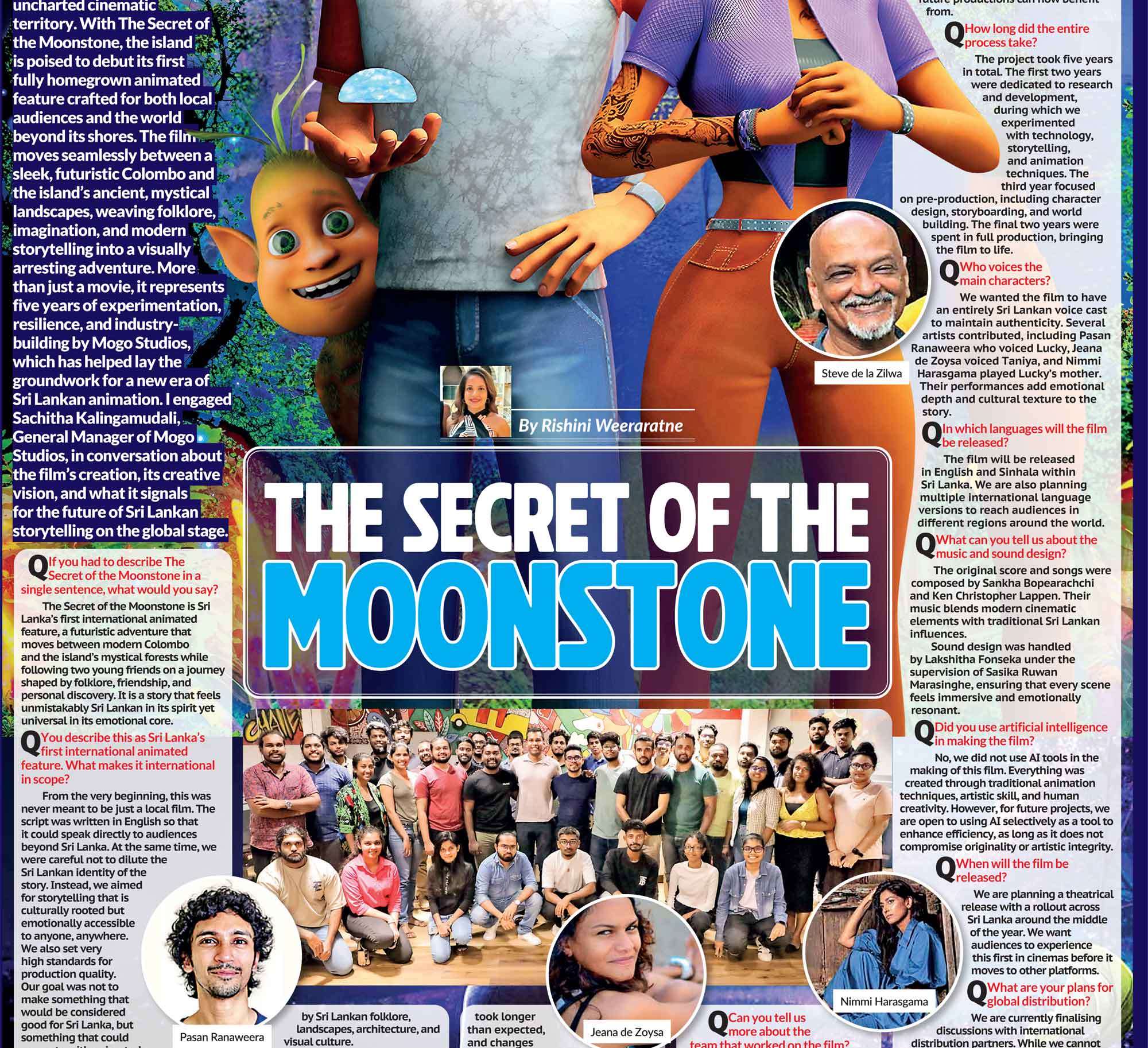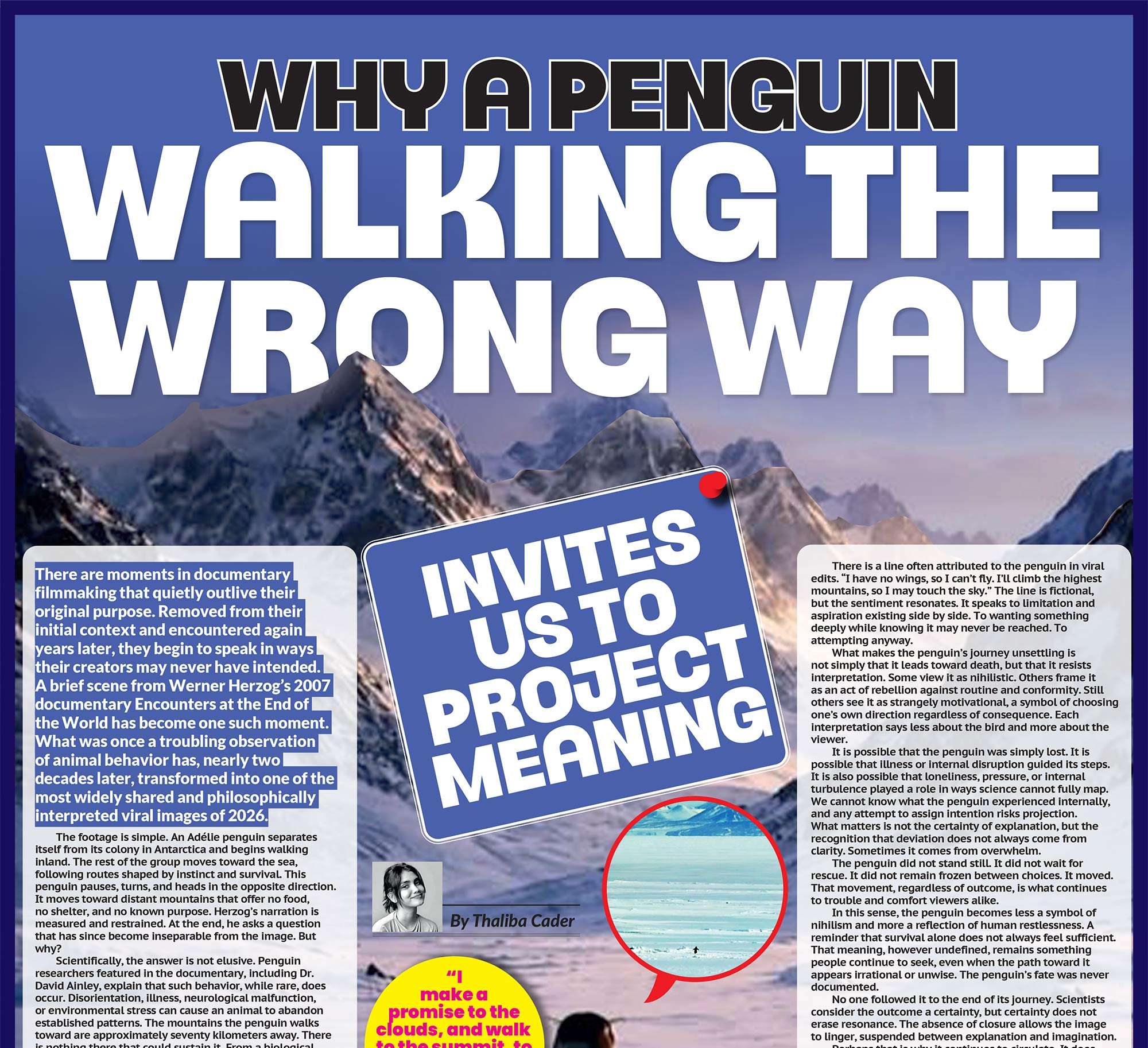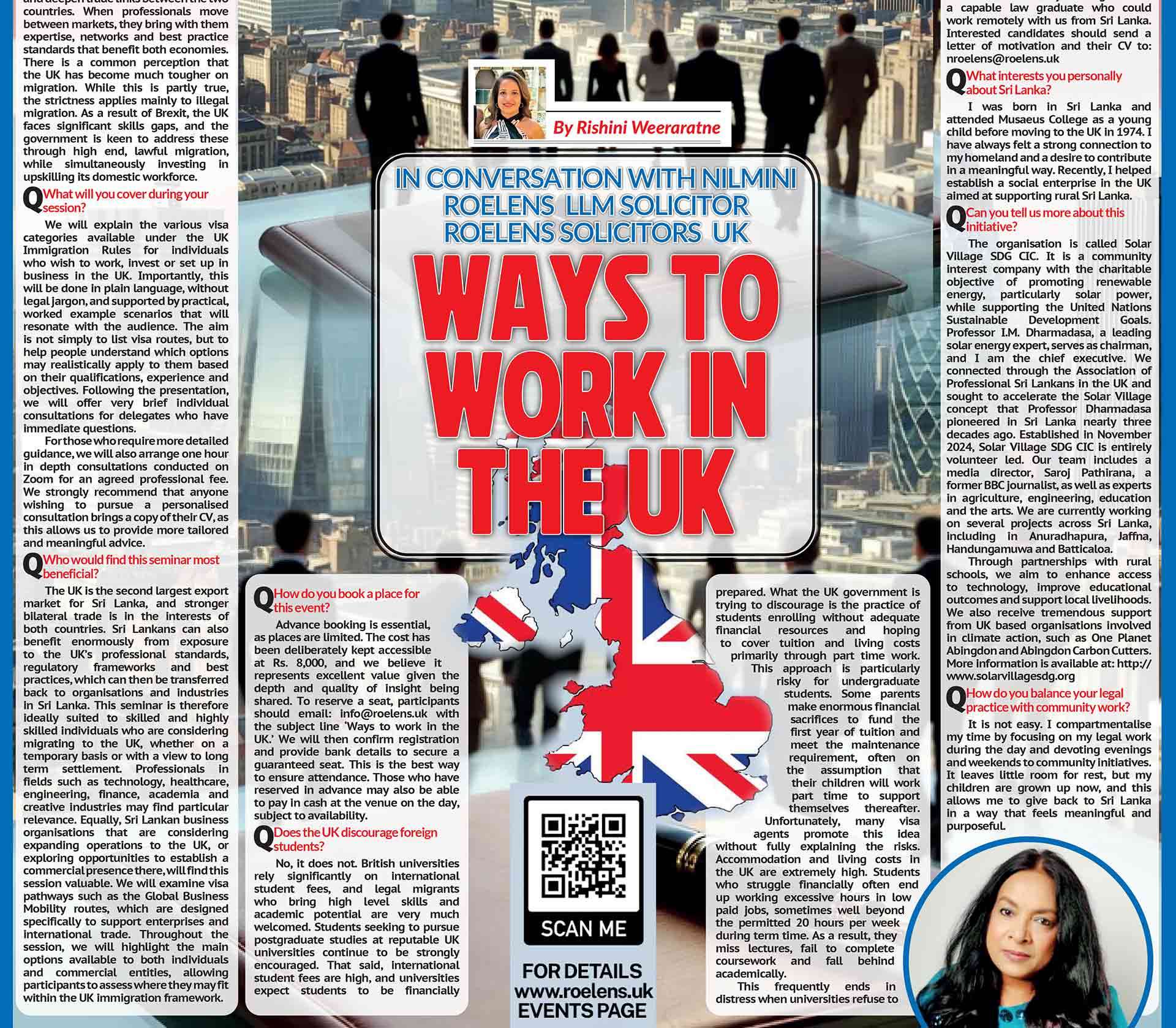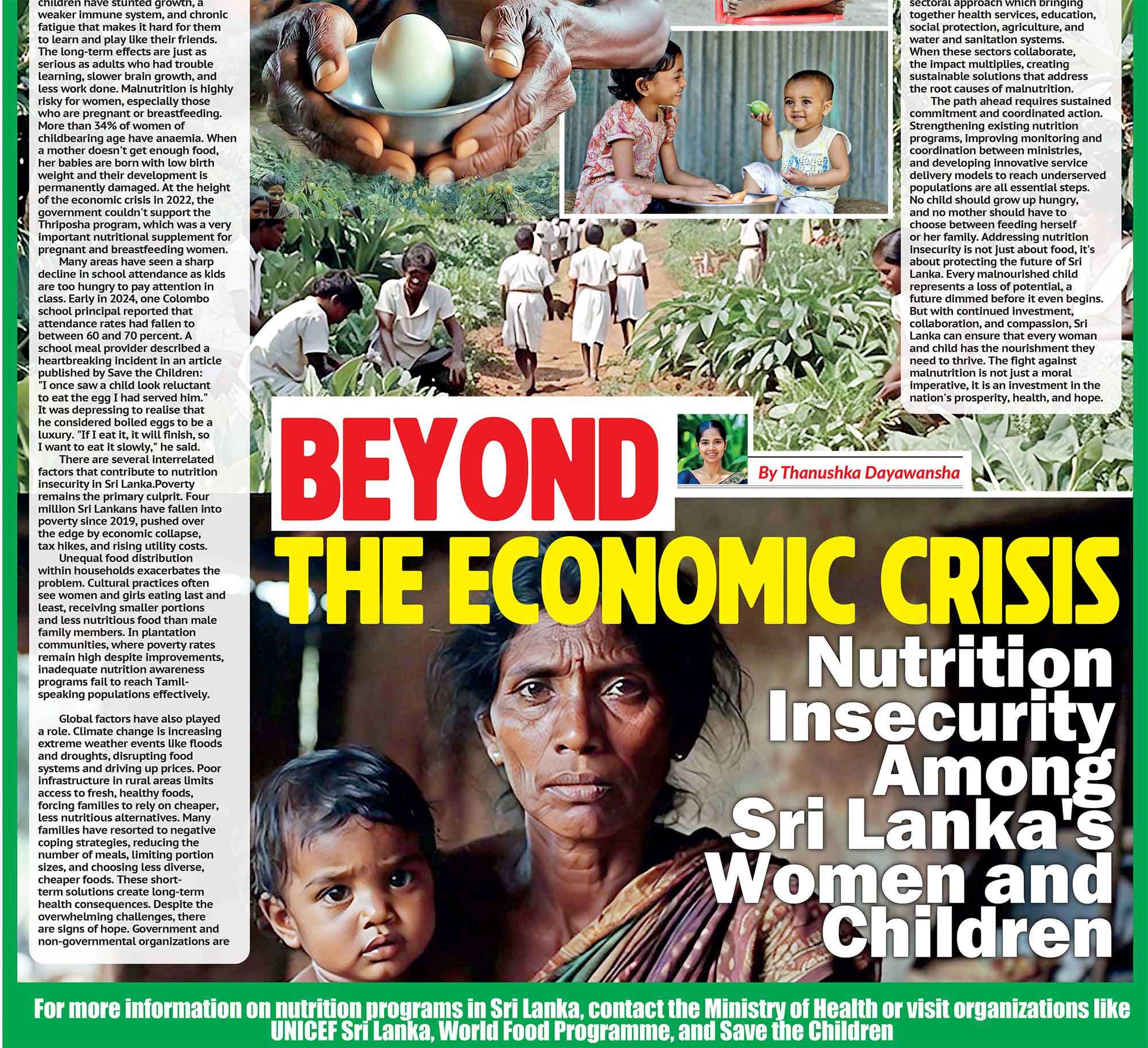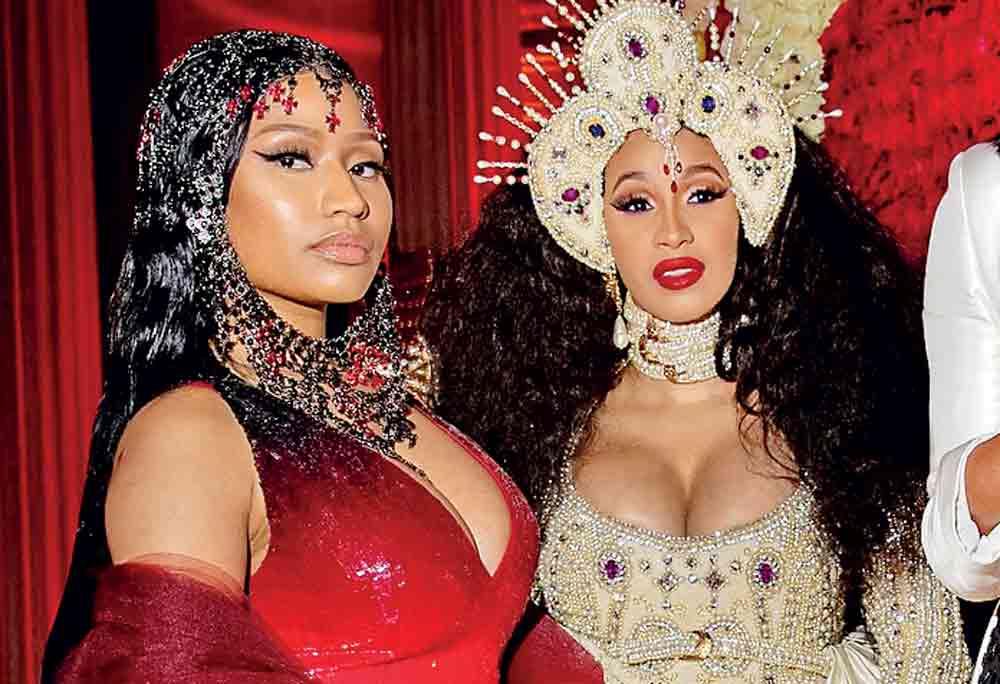
In hip-hop, rivalries are as old as the genre itself. But few are as persistent, complex, and loaded with both personal and professional tension as the feud between Nicki Minaj and Cardi B. Over nearly a decade, their conflict has evolved, resurfacing in media headlines, social media shade, interviews, and even physical moments. As of late 2025, a fresh flare up has brought their long-standing discontent back into sharp focus.
The feud between these two powerhouse rappers didn’t start with violence or public explosions. It emerged more subtly:
In 2017, fans and media first noticed signs; social media posts that seemed to throw shade, alleged lyrical jabs, and a competitive energy. For example, Cardi B’s rise via hits like “Bodak Yellow” pushed her into the spotlight, and there were moments where Nicki’s fans (the Barbz) compared or contrasted Nicki’s established legacy with Cardi’s breakout moment. In October 2017, the song “MotorSport” by Migos (featuring both Cardi B and Nicki Minaj) became a flashpoint. Scenes in the music video were filmed separately, and rumors swirled that lyrics or roles were altered. While both sides denied deliberate hostility, the moment increased speculation.
Cardi B response: (Oct 1, 2025 on X) “Don’t give my child no backhanded apology keep my child name out your mouth cause imma always take you where you don’t wanna go about mine..”
By 2018, tension had become too visible to ignore. At New York Fashion Week, during the Harper’s Bazaar ICONS party, Cardi B lunged at Nicki and threw a shoe, an eruption many see as the public breaking point. Cardi claimed it was provoked by comments (direct or indirect) about her child, and the moment became a major cultural moment, replayed and dissected for weeks. Interviews, radio segments, and public comments on both ends followed, with each side admitting (sometimes) that things had been said, denied, or exaggerated by media. But by then, the feud was established; fans, media outlets, and other artists alike were invested in it.
After 2018, the beef cooled somewhat in terms of overt conflict, although undertones remained. Both artists continued their successful careers, hits, albums, collaborations often being compared in award shows, charts, style, and cultural relevance. Comparisons by fans and critics became a staple. There were brief moments of amity or avoidance (denials of direct conflict), but also moments of competition. chart positions, streaming numbers, and public perception became one of the battlegrounds. In late September 2025, the feud re-ignited in what many believe is one of its most public and aggressive bursts in years.
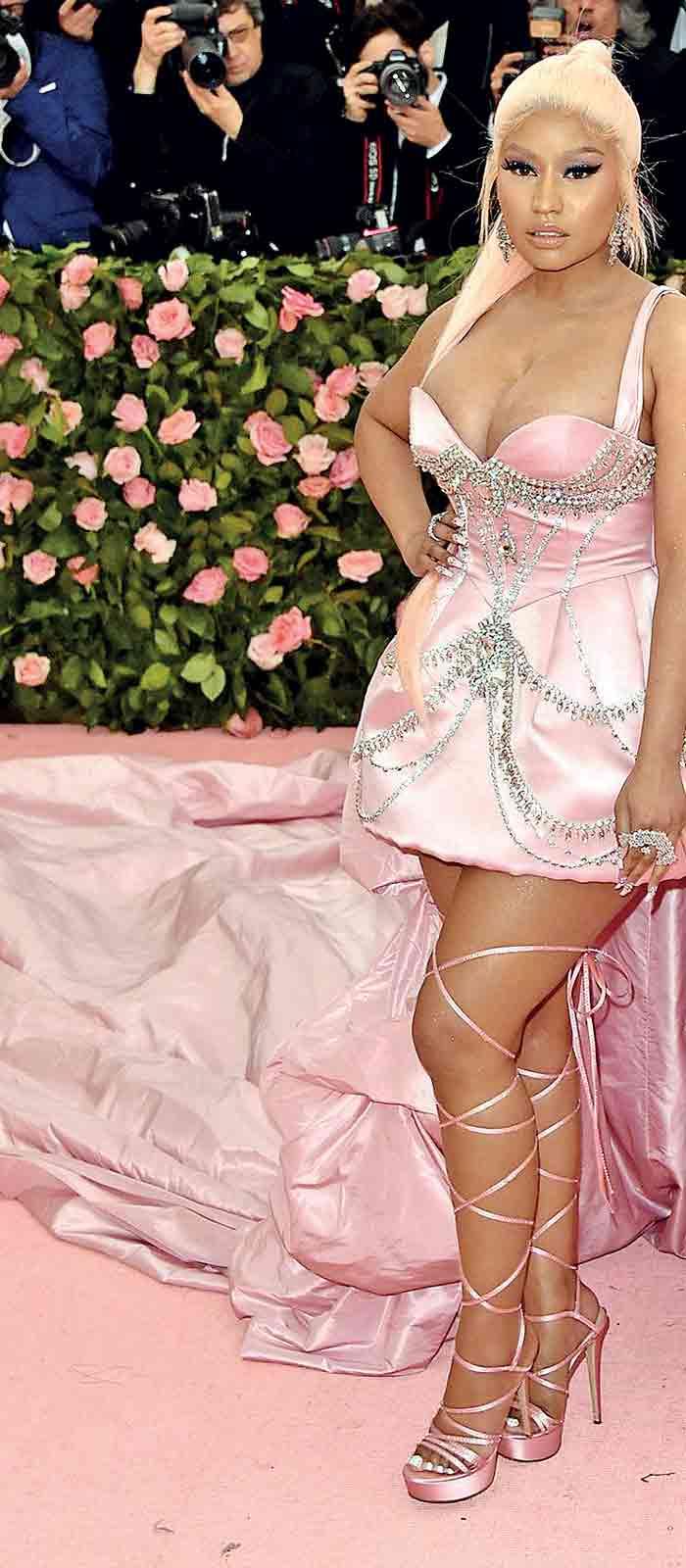
Here’s what triggered the recent clash:
- Cardi B released a new album Am I the Drama? which debuted at No. 1 on the Billboard 200.
- Nicki Minaj responded with a series of cryptic social media posts that were widely interpreted as shade. Jabs about the album’s $4.99 promotional price, insinuations of inflated sales, mockery aimed at Cardi’s pregnancy and even altered lyrics from Cardi’s songs used in insults.
- Cardi B fired back. Referencing familial issues of Nicki (including her brother’s criminal conviction), using strong nicknames (“Cocaine Barbie”) in riposte, and issuing lyrical and social media responses.
What’s significant about this escalation is how personal it got. More than chart success, more than lyrical jabs things like motherhood, family, pregnancy, personal character all entered the arena. And social media acted as the main stage. This feud isn’t just tabloid fodder. Several deeper issues and themes are implicated, both explicitly and implicitly.
- Legacy vs New Blood: Nicki Minaj is often framed as one of the defining figures of her generation in rap influencing style, flow, and the possibilities for female rappers. Cardi B, rising quickly and claiming space, threatens the narrative of who is the “Queen” or how to define that status. Comparisons in sales, streaming, awards escalate that.
- Gender, Motherhood, and Respect: The issue of motherhood came up as a sore spot. Comments about Cardi’s child, allegations about parenting, and references to motherhood. For female artists especially, public questions about motherhood, personal life, or reputation carry inflections of bias and double standards.
- Social media, Virality and Public Perception: Because much of the conflict now happens in tweets, posts, memes, deleted content, etc., optics have become everything. A misinterpreted quote or an edited lyric can become ammunition. This means fan bases (the Barbz vs Bardi Gang) become active players, amplifying or defending.
- Commerce, Sales, and Credibility: Accusations of inflated sales, leveraging discounts, chart position comparisons; all of this ties into credibility as an artist. For many fans and critics, how you perform in numbers matters both for current status and legacy. The recent jab from Nicki about Cardi’s album price is a clear example.
- Mental Health and Persona: Some comments from both sides (more from Cardi recently) touch on “needing help,” “being triggered,” and so on. The personal toll of being constantly compared, criticized, and under scrutiny is part of the narrative now.
Nicki Minaj: (Oct 1, 2025 on X) “Dear Kulture VULTURE, Your mom is pregnant with another monkey to add to her litter. The gag is that she was jealous …”
Media coverage has been intense every new post is analyzed, old quotes are re-posted, interviews are re-edited to find shading. Feud watchers (blogs, YouTube channels, gossip media) benefit from high engagement. Fan bases are deeply divided. The Barbz (Nicki’s fans) and Bardi Gang (Cardi’s fans) amplify content, defend their artists, troll or mock the opponent. Often, the beef becomes about who can get the most social media traction, which sometimes overshadows the music. Some peers stay silent, others offer support, some decry the negativity. There are questions about whether this kind of conflict harms female solidarity in hip-hop. This isn’t just gossip. The Nicki vs Cardi feud reflects several broader dynamics:
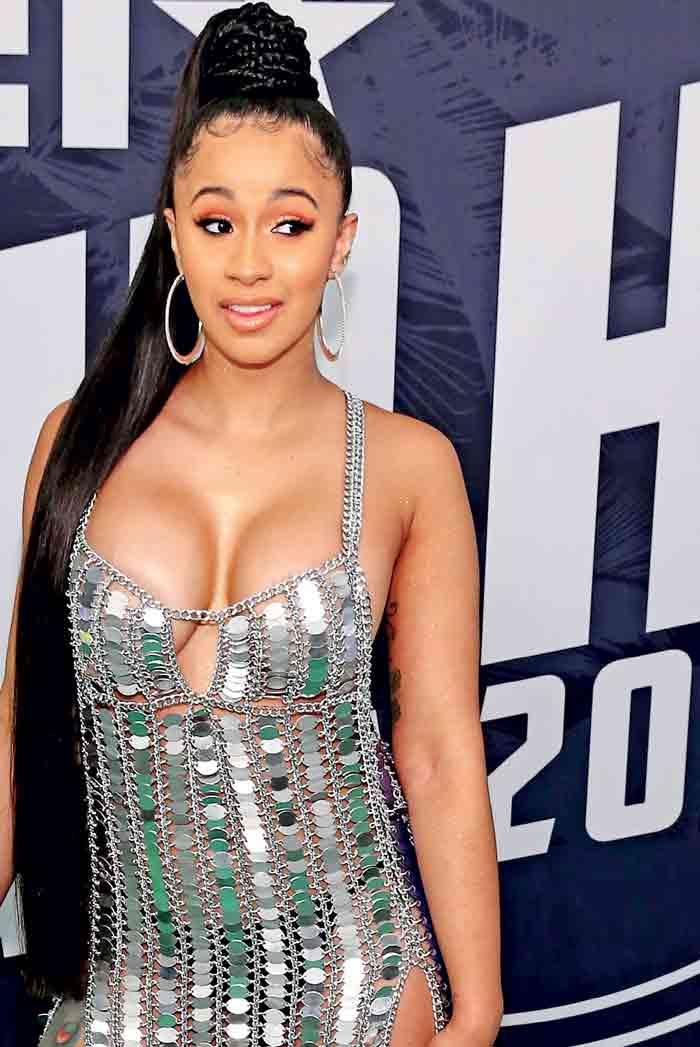
The challenges female rappers face. Fighting for respect in a male dominated industry, being held to different standards, judged for motherhood, appearance, personal life. The role of social media in shaping narrative. In past decades, artists had more control over their public image; now, every misstep, every offhand comment, is archived, screenshotted, decontextualized. Sometimes fan expectations (for drama, rivalry, spectacle) overlap with artists’ artistic competitiveness, but sometimes it forces situations that may escalate beyond what either wants.
What began as subtle jabs and online rumor has become a full-blown rivalry one that, at times, feels reflective of the industry as much as of the personalities involved. With the recent 2025 flare ups, both Nicki Minaj and Cardi B have shown that they’re willing to engage heavily not just about charts or music, but about personal worth, family, legacy, and respect. Whether this beef will ever be resolved is uncertain. But clearly, it won’t fade quietly. For many, it’s a microcosm of bigger questions: how women in music are expected to behave, how rivalry is framed in the public eye, and whether competition necessarily means conflict. One thing is guaranteed: every move their camps make will be watched closely and judged.


